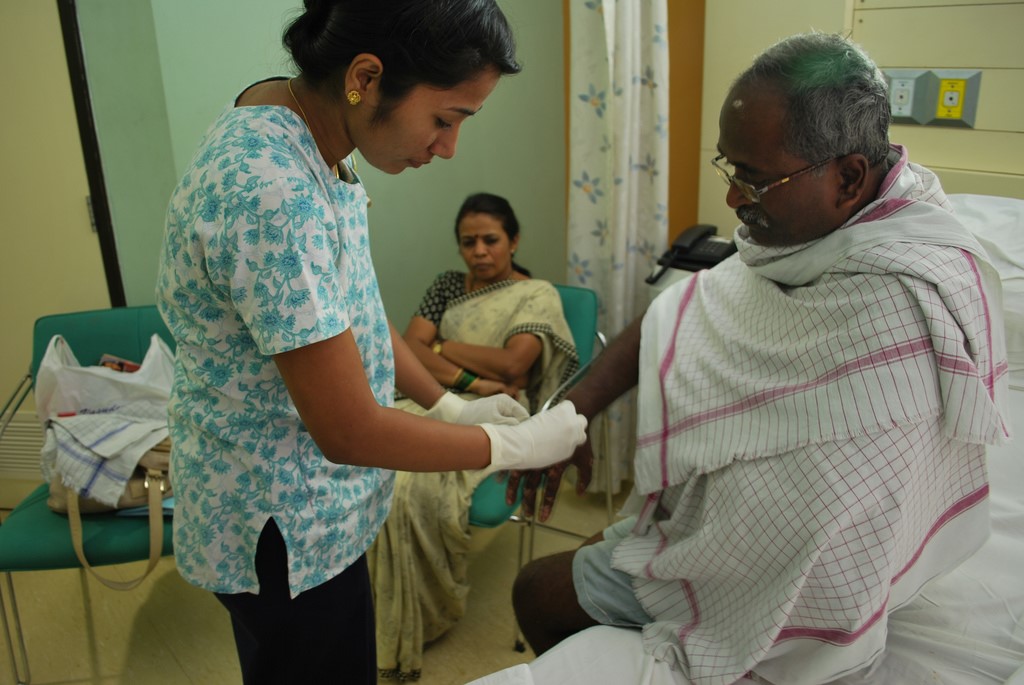DELHI – Swine flu is the common name for the H1N1 influenza virus. It is highly contagious. It can be spread by direct human contact, touching a surface previously touched by a person already infected, and can be contracted as far as six feet away from a patient who is coughing, sneezing, or simply talking.
Reports issued on March 11th indicated that the swine flu is sweeping across India during the first two-and-one-half months of 2019.
More than 9,000 cases, including 312 deaths, had been reported as of the 11th of February.
During the week ending March 3rd, more than 2,500 cases were confirmed. By March 11th, the number of reported cases had swollen to nearly 15,000. Over the past month, the death toll has increased by more than 70% to a total of 605.
Almost half the deaths were recorded in the states of Rajasthan and Gujarat where the incidences were also the highest in the country with 4,317 and 3,408 respectively.
Metropolitan Delhi has recorded more than 3,100 cases, including 408 reported in the week ending March 3rd.
Karnataka reported 14 deaths among a total of 825 known cases.
More than 70 have died in Madya Pradesh where more than 357 have contracted the disease.
Accounts of the numbers infected by the H1N1 vary widely as the flu runs rampant, especially in urban areas.
Cases and death tolls in other areas include 982 in Haryana (14 deaths), 1,431 in Uttar Pradesh (18), 298 in Himachal Pradesh (34), and 517 om Punjab (31).
The Health Ministry of India has advised state officials to enhance public awareness, increase on-hand supplies of medication, respond quickly to potential cases, and reserve beds in hospitals to be able to readily deal with acute incidents. Doctors and hospitals have also been advised to have personal protective equipment and N95 masks readily available for themselves, patients, and anyone who may be a caregiver for a patient.
The ministry has recommended that all healthcare workers receive vaccinations as a precautionary measure.
Early warning signs of the swine flu include fever, cough, runny nose, headache, and muscle and joint pain.
The public is being cautioned to cover noses and mouths with disposable tissues, to avoid crowded places, and to wash hands with soap and water more frequently. Those suspected of having contracted the virus are advised to drink water and clear liquids for hydration, to remain as isolated as possible, and to contact a doctor for treatment.
Children under the age of five, seniors 65 years and older, persons with chronic pulmonary conditions, and those who have cardiovascular, neurological, or metabolic illnesses are considered to be at high risk. They should, therefore, take extra care and precautions.
To read more news on Health Issues on Missions Box, go here.
Sources:
- The Statesman, Swine Flu Outbreak: How to Protect Yourself from H1N1 Virus
- The Times of India, Swine flu menace continues unabated in India, death toll 75
- Financial Express, Swine flu cases in Delhi mount to 2,835, govt issues advisory on how to avoid virus
- Hindustan Times, 2,500 swine flu cases in just a week: NCDC
- India Environmental Portal, Swine Flu
Image Source:
- Flickr, Harsha K R, CC 2.0
